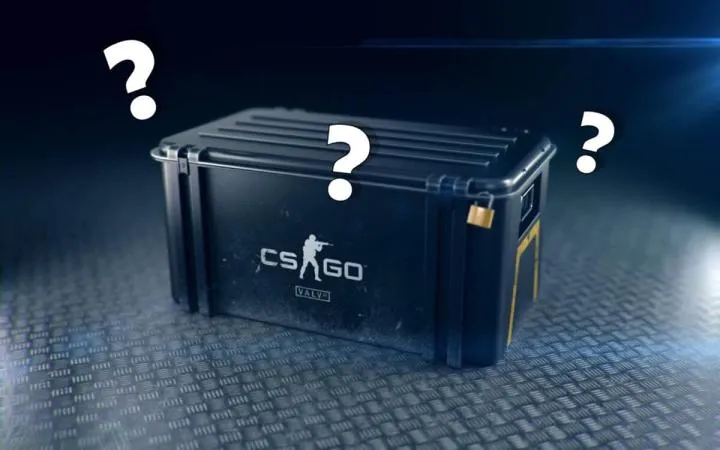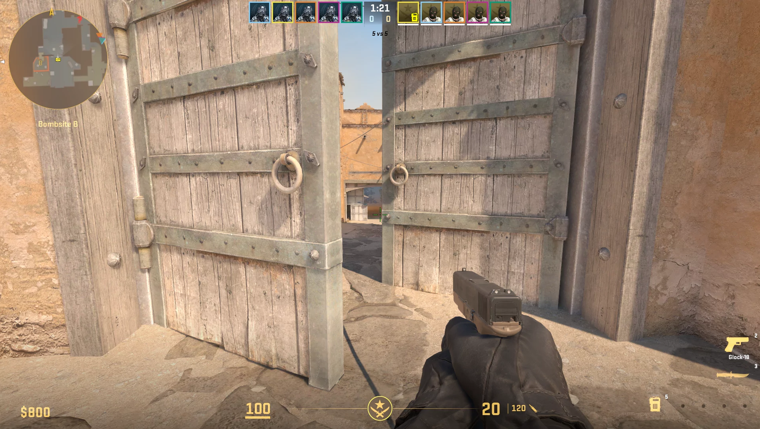The Current Anti-Cheat in CS2: Room for Improvement
In the realm of competitive gaming, upholding fairness is paramount. CS2, akin to its forerunner CS:GO, employs anti-cheat mechanisms for this purpose. Nevertheless, a considerable segment of the CS2 Boosting community contends that the prevailing anti-cheat system doesn’t adequately fulfill its mission. In this blog, we will scrutinize the apprehensions encircling CS2’s anti-cheat system and contemplate possible enhancements to rectify these concerns.
The Problem with Cheating in CS2
Cheating has remained a recurring concern within the Counter-Strike series, and CS2 follows suit. While most players participate in honest competition, the existence of cheaters mars the experience for all. Tools such as aimbots and wallhacks can disrupt games, undermine faith in the competitive arena, and deter players from the game.
The Current Anti-Cheat System: Is It Enough?
CS2, similar to its forerunner, depends on Valve’s VAC (Valve Anti-Cheat) system for cheat detection and prevention. Although VAC has achieved certain levels of success in identifying cheaters, it is not immune to flaws. Cheating software undergoes swift evolution, and some cheat developers have discovered methods to evade VAC’s detection mechanisms.
Players and the community argue that VAC is no longer sufficient to combat the growing menace of cheating in CS2. The delay between a cheat’s release and VAC’s ability to detect it allows cheating to fester, affecting the game’s integrity.
What Can Be Done to Improve Anti-Cheat in CS2?
- Frequent Updates: One way to address the issue is through more frequent updates to the anti-cheat system. Regular updates can help in staying ahead of cheat developers and detecting new cheating methods promptly.
- Machine Learning and AI: Leveraging machine learning and AI technology can improve anti-cheat systems’ ability to detect suspicious behavior and cheating tools.
- Community Reporting: Empowering the community to report suspected cheaters effectively can assist in identifying and banning cheaters more rapidly.
- Overwatch System: Implementing a community-driven Overwatch system, similar to CS:GO, can help review and identify cheating instances, taking some of the load off the automated anti-cheat system.
- Hardware Bans: Exploring the possibility of hardware bans for repeat cheaters can act as a significant deterrent.

Though the present anti-cheat system in CS2 isn’t wholly without merit, it’s evident that enhancements are warranted to uphold the game’s competitive fairness. As CS2 progresses, it becomes imperative for developers to give precedence to anti-cheat measures that adapt to the ever-changing realm of cheating. In this manner, the CS2 Boosting community can relish an equitable and level competitive environment, devoid of the shadow of cheating.






